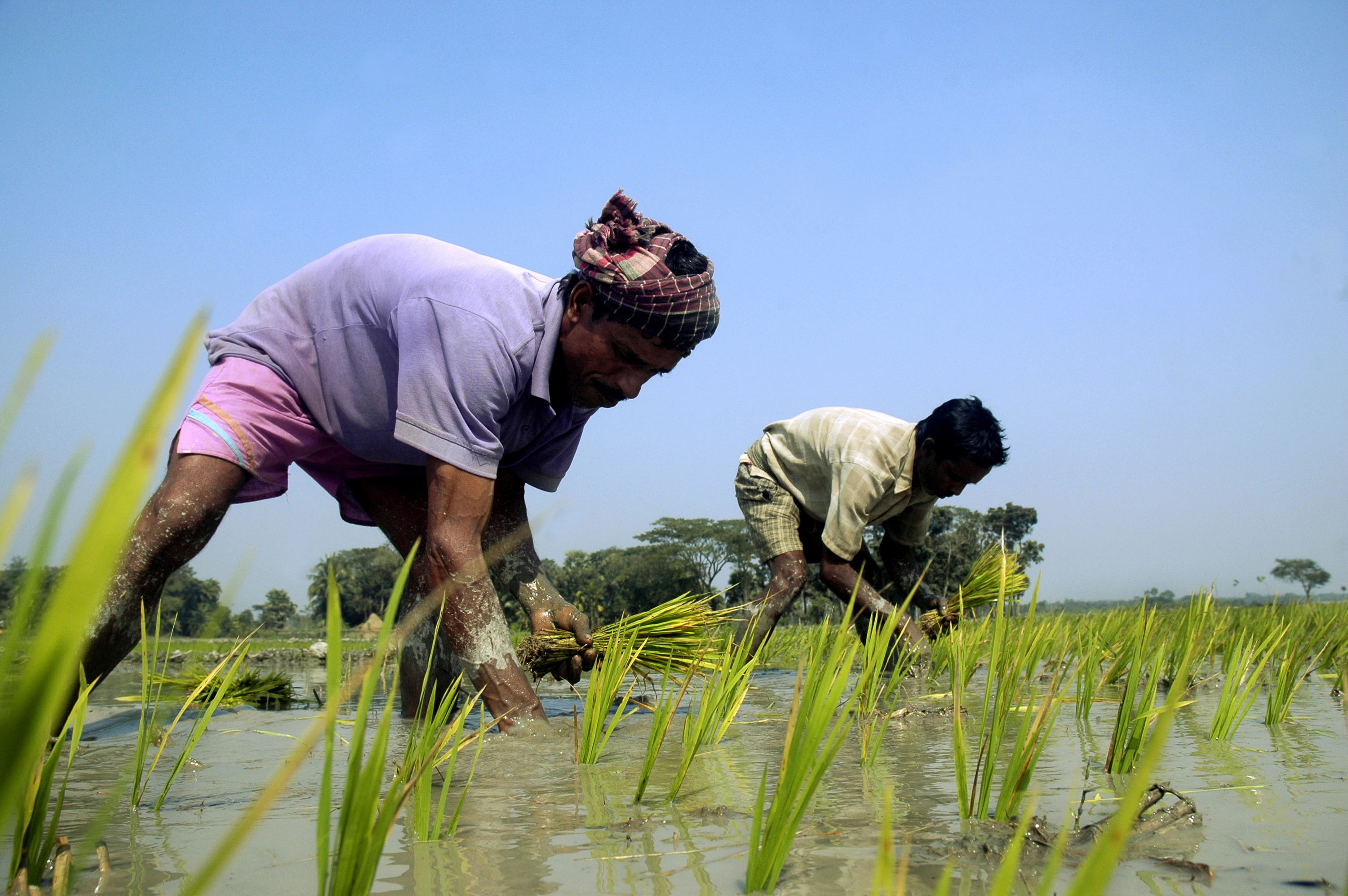 The Bangladesh government’s unpaid arbitral award in favour of a United States company is likely to stand in the way of the country’s prospect of gaining duty-free treatment under the Generalised System of Preferences in the US market, according to a US court document.
The Bangladesh government’s unpaid arbitral award in favour of a United States company is likely to stand in the way of the country’s prospect of gaining duty-free treatment under the Generalised System of Preferences in the US market, according to a US court document.
A tribunal of the International Chamber of Commerce, International Court of Arbitration in the United Kingdom, awarded Smith Cogeneration, a US company, monetary damages against the Bangladesh Power Development Board for breaching agreement and cashing of the company’s performance bond in 2003.
According to the US law, enforcing arbitral awards in favour of the US citizens or a corporation or partnership, which had been made by arbitrators appointed for each case or by permanent arbitral bodies, was one of the GSP eligibility criteria.
Power ministry secretary Habibur Rahman on Thursday told New Age that the legal battle is still going on and the issue would be resolved in court.
He said that the issue of the arbitral award would not pose any threat on Bangladesh to retain GSP facility in the US market in future.
The Smith Cogeneration signed a power purchase agreement with the BPDB in 1997 for the supply of power and related construction of a power plant in Haripur.
In 1999, the company commenced arbitration against the state-owned BPDB as the board terminated the agreement and encashed a $1.5 million performance bond guarantee funded by the Smith Cogeneration.
In November 2003, the ICC tribunal held that the BPDB ‘wrongfully’ terminated the PPA and ordered the board to pay $11.56 million with 4 per cent interest per year to Smith Cogeneration.
After issuing the final award by the tribunal, Smith Cogeneration had requested payment of the award which the BPDB failed to make, according to a legal notice issued by the US company to the state minister for power and the power ministry secretary on November 7.
Later on, the US company in February 2023 commenced a civil proceeding in the UK to recognise and enforce the final award in the Court of Session in Edinburgh.
The court on May 31, 2023 entered a monetary judgment against the BPDB for the amount due under the final award totalling $20.11 million, the notice said.
It said that the written demand was served on the BPDB for the payment on June 26, 2023.
Smith Cogeneration in its legal notice said that the UK judgment constituted an enforceable legal obligation to pay a fixed sum of money, which the government of Bangladesh was obliged to pay under the clear terms of the unconditional guarantee.
‘Accordingly, should the Bangladesh government not comply with its obligations under the Unconditional Guarantee, Smith Cogeneration is prepared to seek enforcement of the UK judgment against assets of the Bangladesh government forthwith,’ the legal notice read.
The power secretary said that the Smith Cogeneration could serve notice as the international arbitration court awarded in favour of the company.
‘The company will have to come to the Bangladesh court to realise their amount and then we will contest,’ he said.
The company has served notice and it does not mean Bangladesh will have to pay the amount, Habibur Rahman said.
Recently, Smith Cogeneration has filed a motion with the Supreme Court of the State of New York for summary judgment in lieu of complaint so that the UK judgment against the BPDB can be converted to an enforceable judgment of New York court.
In the memorandum of the law in support of the motion, the attorney for the Smith Cogeneration mentioned that the US trade law prohibited the US government from extending preferential trade benefits to any country which ‘fails to act in good faith in recognising as binding or in enforcing arbitral awards in favour of United States citizens or a corporation, partnership, or association which is 50 per cent or more beneficially owned by United States citizens.’
‘Consistent with this mandate, in March 2012, president Obama issued a proclamation under similar circumstances suspending Argentina from the GSP preferential trade benefits programme for its failure to pay an arbitral award for a public works project in favour of a US company,’ the memorandum said.
Although the US suspended GSP facility for Bangladesh in 2013 on the grounds of labour rights, the country has been negotiating for long to regain the facility in the market.
In the seventh meeting of the US-Bangladesh Trade Investment Cooperation Forum Agreement held in Dhaka in November, officials of the Office of the United States Trade Representative informed Bangladesh that many of the readymade garment items could be included in the new GSP and Bangladesh could get the benefit with fulfilling specified conditions.
Bangladesh’s apparel exporters also made repeated requests to the US government to allow duty free market access for the RMG products made of US cotton.
Industry people hoped that Bangladesh RMG products could be entitled for GSP facility if the US introduces GSP with cotton rules of origin.
When asked whether the unsatisfied arbitral award in favour of a US company could limit the prospect of Bangladesh in the US market, the power ministry secretary Habibur Rahman said that the issue would not go to that extent which may hurt any facility of Bangladesh.
‘It is a long standing issue and recently it has surfaced again. We will resolve the issue legally,’ he said.
Commerce ministry senior secretary Tapan Kanti Ghosh, however, declined to comment on the potential consequence of the unpaid arbitration award, saying that he was not aware about it.
The US introduced GSP facility in 1976 and the programmee expired on December 31, 2020.
According to a US official document, the Congress would re-authorise GSP from 2026 and attach to it eligibility criteria relating to human rights violations, enforcement of environmental laws and international commitments, and good governance.
New Age









